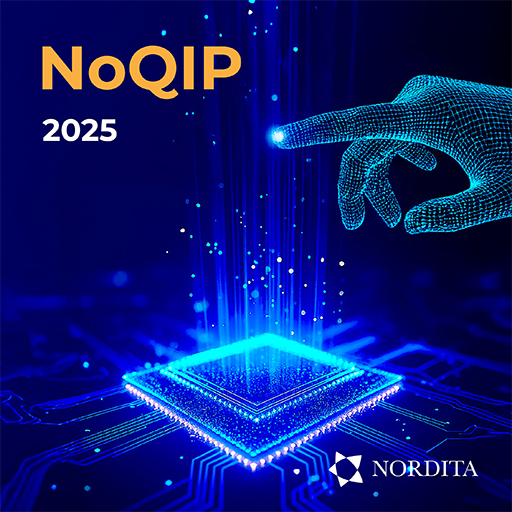In this talk we present a range of results on several groups of broad interest in quantum information science: the Clifford group, the orthogonal group, the unitary symplectic groups, and the matchgate group. For all of these groups, we prove that analogues of unitary designs cannot be generated by any circuit ensemble with light-cones that are smaller than the system size. This implies linear...
Moiré and super-moiré materials provide exceptional platforms to engineer exotic correlated quantum matter. The vast number of sites required to model moiré systems in real space remains a formidable challenge due to the immense computational resources required. Super-moiré materials push this requirement to the limit, where millions or even billions of sites need to be considered, a...
In this talk i will present one possible approach to open quantum system dynamics which is based on solving the dynamics of both the system and the environment. I will present applications of this method to organic microcavity polaritons, quantum information and quantum measurement theory.
Structured light, i.e. light fields with a non-trivial shape in time, space, and polarization, has become a versatile approach to explore fundamental optics effects and develop novel applications in fields such as microscopy, imaging, optical communications, and quantum technologies, to name a few. In this talk, I will first introduce the field of structured light focusing on its applications...
Nanomechanical oscillators are among the most sensitive force and acceleration sensors and show promise as a quantum technology. However, their performance is fundamentally limited by mechanical dissipation, which admits thermomechanical noise from the environment, limiting force sensitivity, and cuts down the coherence time of mechanical quantum states. Over the last decade, the phenomenon...
Quantum guessing games provide a framework for analyzing how information encoded in quantum states can be optimally extracted through measurement. Beyond the standard role of side information, we introduce the concept of metainformation: knowledge that further side information of a certain type will later become available, even if it is not yet revealed. This distinction uncovers a finer...

